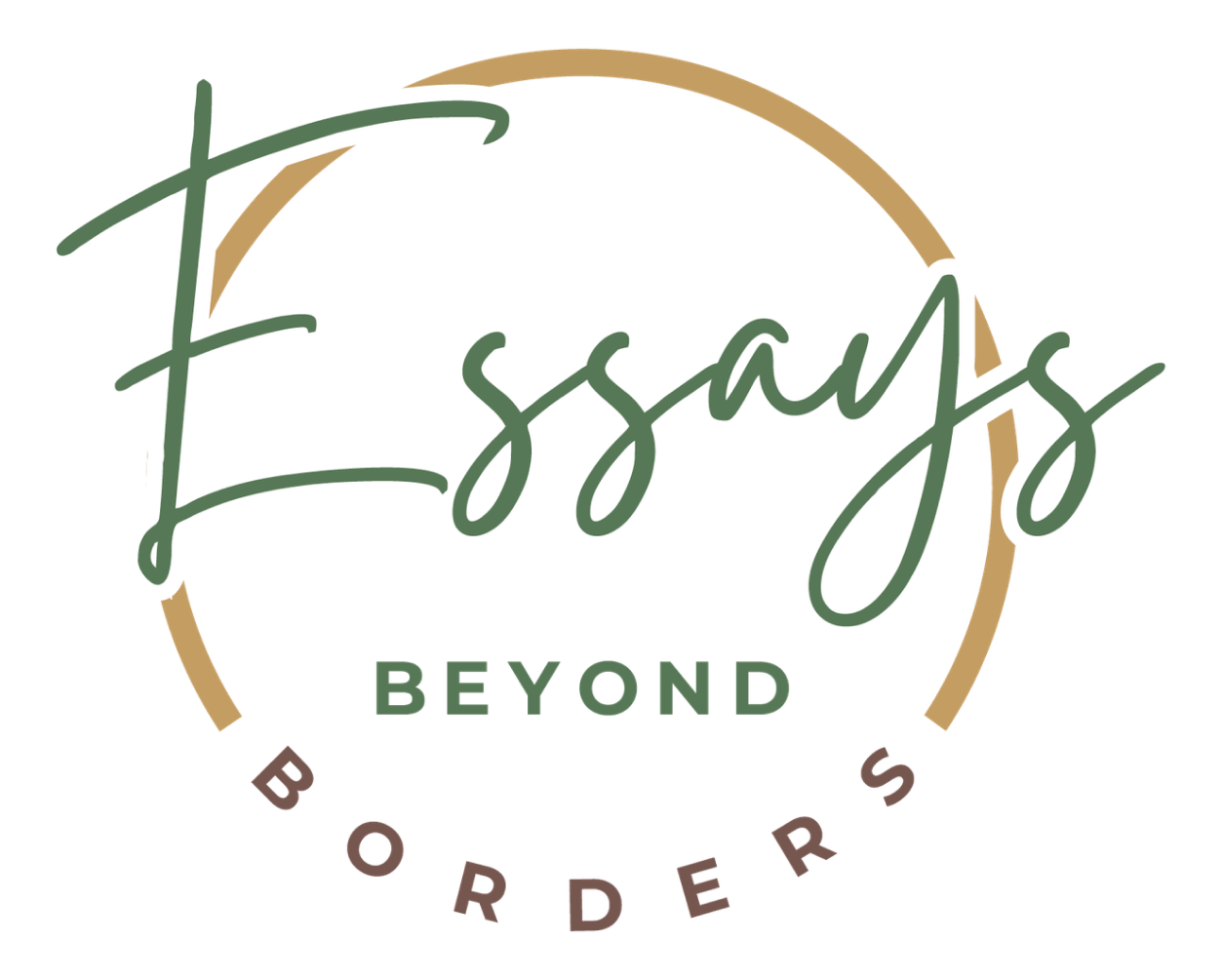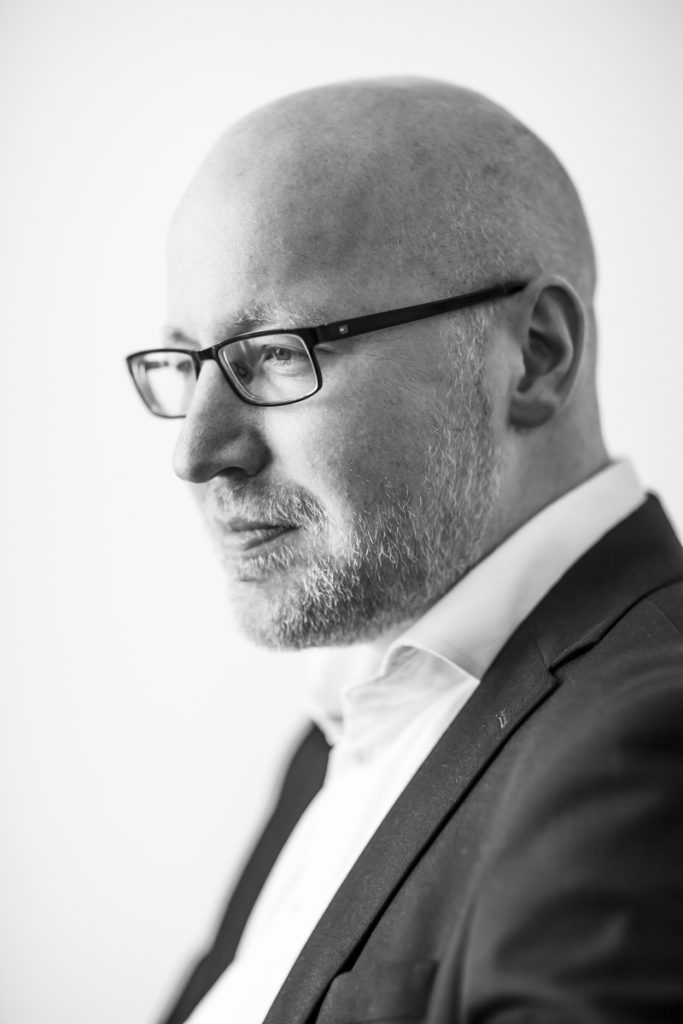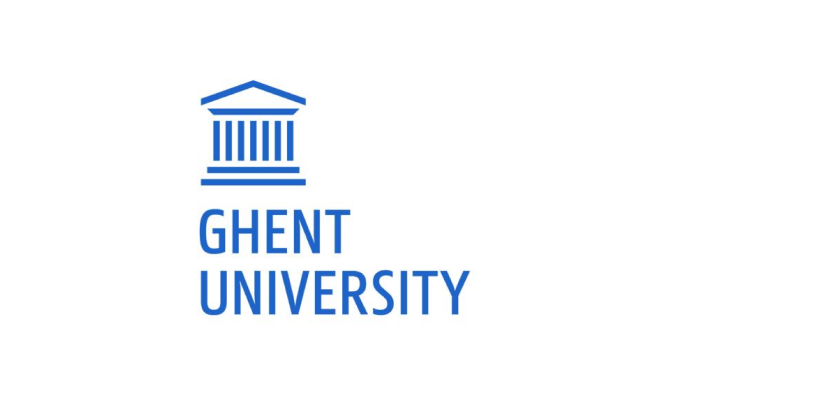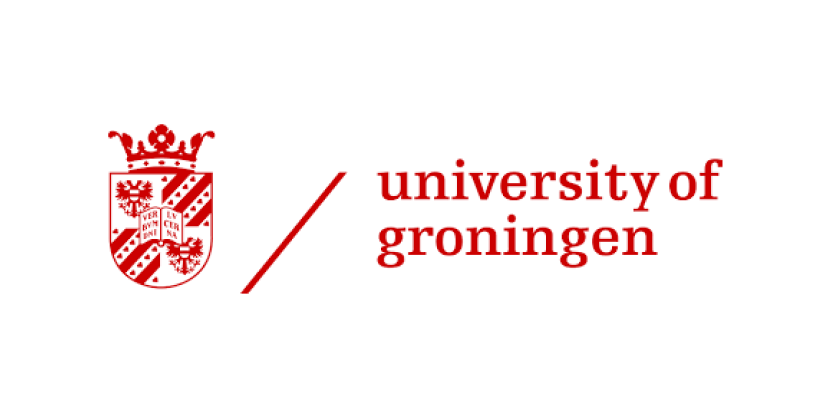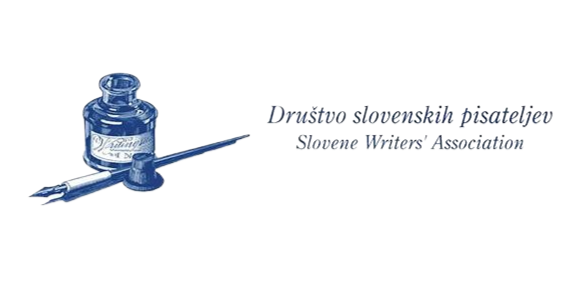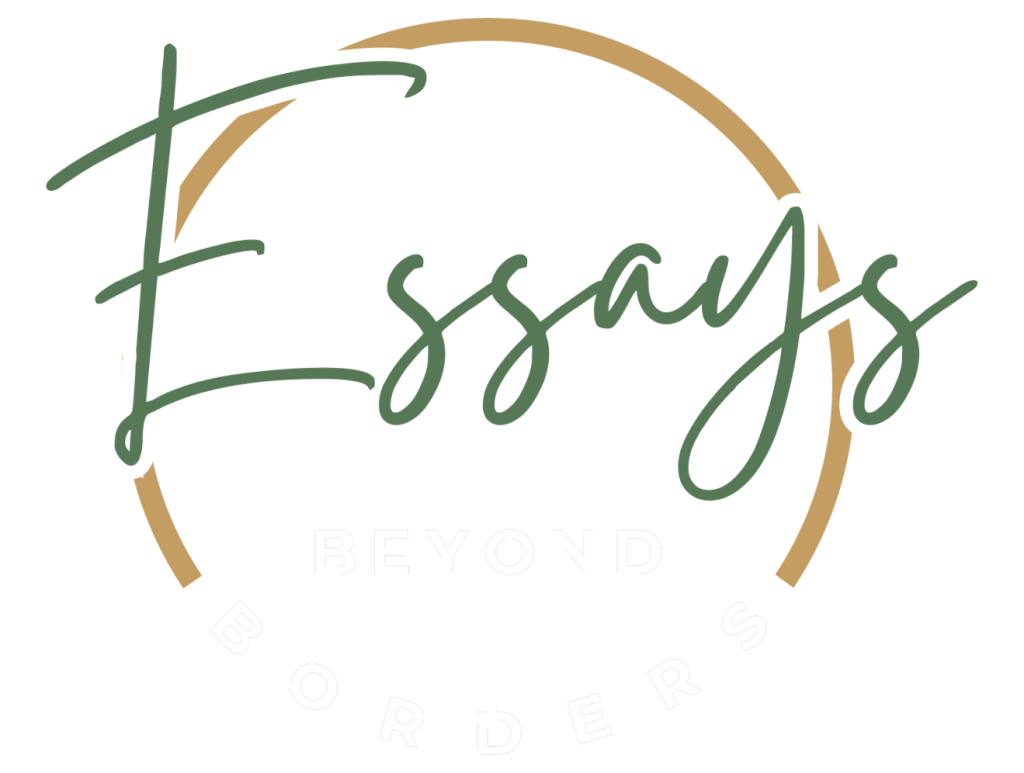Thijs Lijster is assistant professor in the philosophy of art and culture at the University of Groningen.
He studied philosophy in Groningen and New York, and received his PhD at the University of Groningen in 2012. His research is about ‘cultural commons’ and about the intersections of art criticism and social critique. His publications in English include Benjamin and Adorno on Art and Art Criticism (2017) and the edited volumes Spaces for Criticism. Shifts in Contemporary Art Discourses (2015), The Future of the New. Artistic Innovation in Times of Social Acceleration (2018) and The Rise of the Common City (2022). He also published numerous books and essay collections in Dutch, among which De grote vlucht inwaarts [The great leap inward] (2016), Kijken, proeven, denken [Seeing, tasting, thinking] (2019), Verenigt U! [Unite!] (2019), Wat we gemeen hebben [What we have in common] (2022) and Frankfurter Schule (2023). He received several prizes for his work: the ABG/VN Essay prize in 2009, the Dutch/Flemish Prize for Young Art Critics in 2010, the NWO/Boekman Dissertation prize in 2015, and the Essay Prize of the Royal Academy of Dutch Language and Literature (KANTL) in 2018.
Lijster’s work in the project Essays Beyond Borders consists of developing and offering workshops on the history, theory and practice of essay writing to university students and to a non-academic public. The workshops for students will be offered within designated programs within the Faculty of Arts of the University of Groningen; the workshops for non-academic publics will be offered in cooperation with institutions outside of the university.
Apart from this, Lijster will work together with Mario Aquilina on an edited volume on the planetary essay. Lijster will be researching the philosophical underpinnings of the ‘planetary’, a concept introduced by philosopher and literary scholar Gayatri Spivak, who contrasts this concept to the ‘global’. While the ‘globe’ designates the Earth as seen from an outsider’s perspective (as an exploitable object), the ‘planet’ is the place we inhabit and are tied to, and which we share with countless of other creatures. “If we imagine ourselves as planetary subjects rather than global agents”, Spivak writes, “alterity remains underived from us.” The ‘essayistic’ is a form of writing and thinking highly suitable to reflect on his ‘alterity’.
*The profile picture used on this website is credited to Harry Cock.
